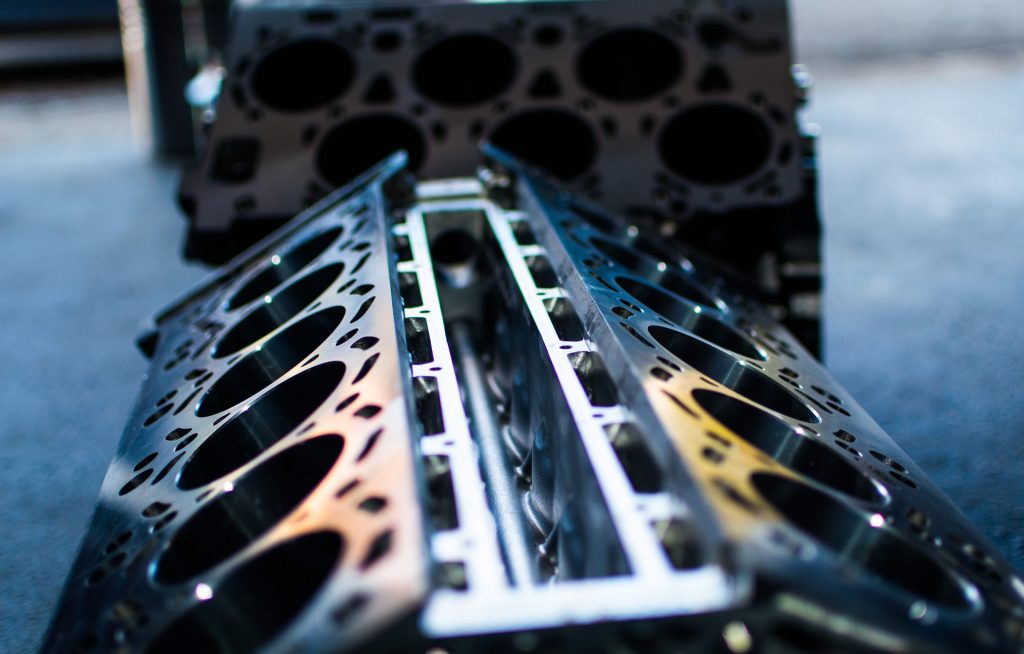Carbon buildup is a byproduct of combustion processes in engines. It clogs important components in your engine like the nozzles, cylinders, intake valves, and others.
Your vehicle's engine is one of the most critical components to watch for and prevent its damage. There are many ways to protect your engine, including regular oil changes, choosing the right fuel type, and others. However, have you ever heard about issues related to carbon buildup?
Carbon buildup is a very common problem that faces your engine as the engine ages. So learning about this carbon buildup, how to prevent it, and how to get rid of it when it happens is extremely important for every driver if you want to extend the lifetime of your engine.
This article provides all you need to know about carbon buildup. It highlights the main causes, potential solutions, ways to prevent it, and expected repair costs.
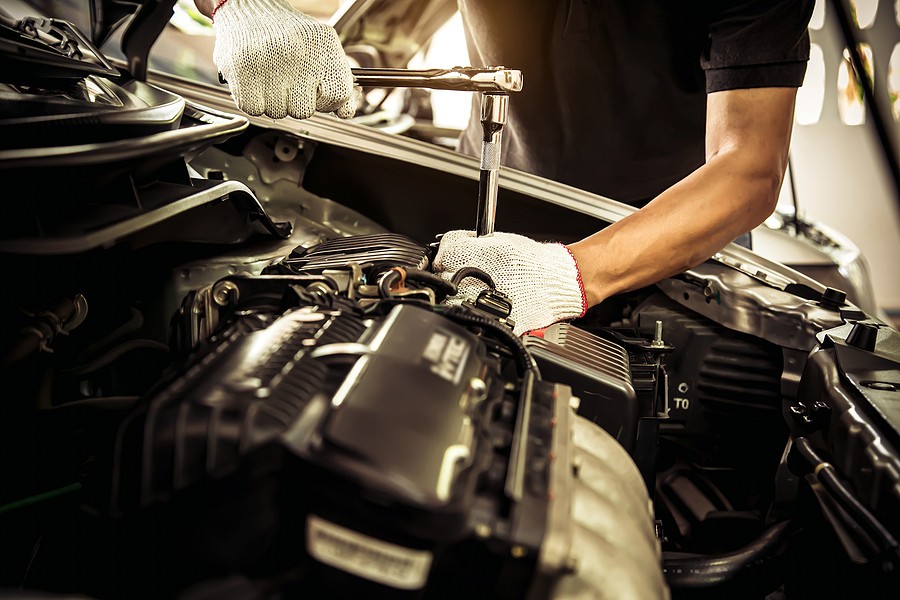
What is carbon buildup?
In any car equipped with a combustion system, the engine most likely produces a byproduct associated with the combustion process, which has carbon. Unfortunately, this carbon looks mostly like a black suit that you might see in your chimney.
No engine is free from carbon buildup issues. However, it is surprising that modern engines are more susceptible to carbon buildup than older engines. In modern engines, the fuel is injected directly into the cylinders, increasing the chances of creating carbon deposits inside the different components in your engine. On the other hand, the air-fuel mixture is mixed outside the engine in older engines, reducing the chances of carbon deposits inside the cylinders.
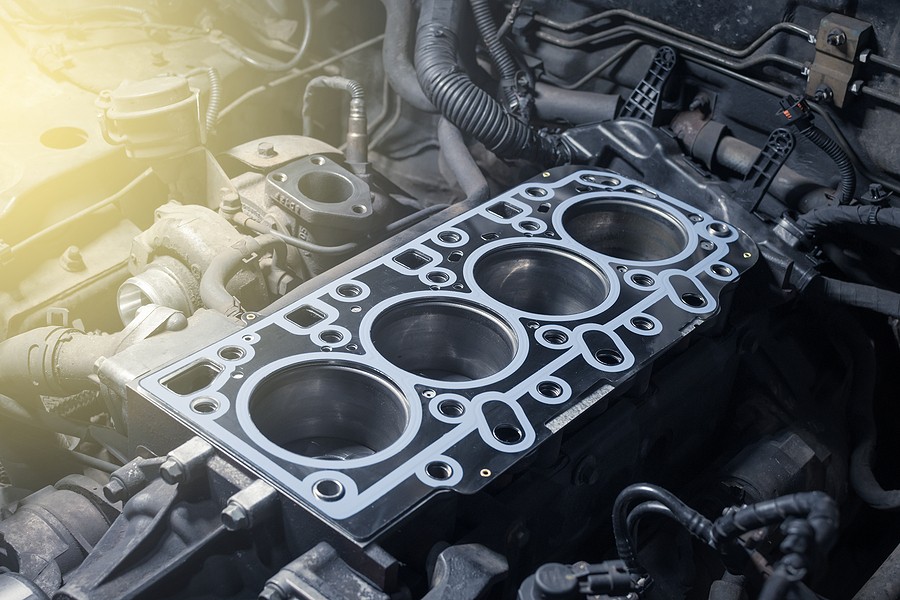
What could go wrong when your engine builds too much carbon?
Since carbon will be built up no matter what is inside your engine, one might think this is a normal problem, and it will go away by itself. However, understanding what could go wrong when too much carbon is inside your engine helps you get a better sense of how critical the problem is.
Let's take a closer look at the potential consequences of carbon buildup in your engine:
1- Reduced engine performance
When the engine has a lot of carbon, this carbon impacts the engine's pressure and leads to consequences that could impact the way your engine performs. In other words, whenever you notice that your engine's performance is not as good as before, it could be a problem related to carbon buildup.
Your engine is designed to have precise input and maintain a precise environment including temperature and pressure. So when there's any problem with all these inputs, you'll notice that issue with the engine performance.
2- Rich and lean engine
When there's too much carbon in your engine, your engine might run at very rich or very lean fuel. Unfortunately, this means that your engine does not receive the right amount of fuel all the time.
If you don't already know, your engine requires a specific air to fuel ratio. When this ratio is disturbed, this all impacts the way your engine performs and might result in engine damage. When there is a lot of carbon, the engine will receive either too much fuel or might not receive the required amount of fuel needed. This is all because of the disturbing pressure, which biased the balance of the engine and caused your vehicle to use more or less fuel than usual.
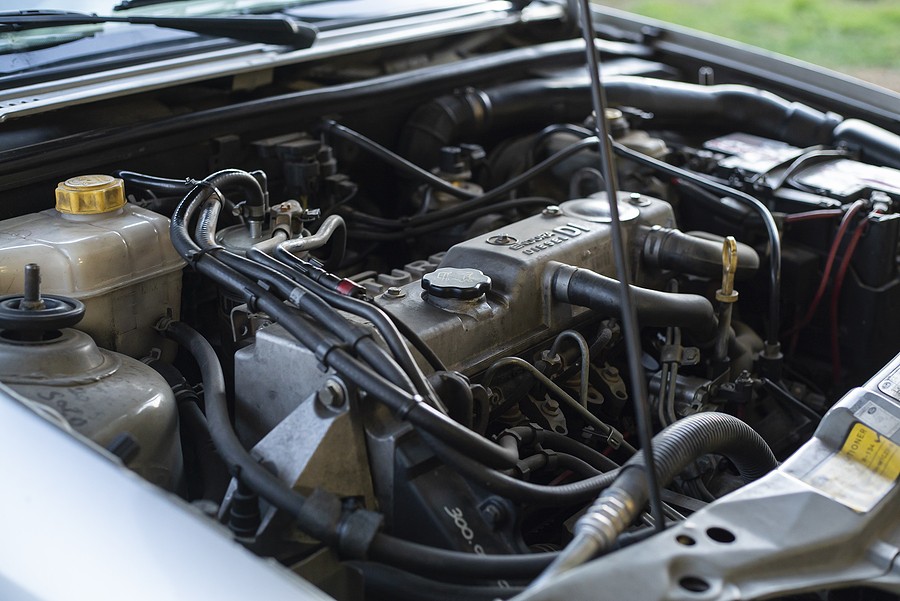
3- Engine overheating
Depending on the engine deposits, you might experience some hot spots where the engine components get very hot. Your engine must operate within a specific range of temperature, and when this range is exceeded, you can easily deal with engine self-destruction that could cost you the entire engine.
4- Reduced fuel economy
Considering all the previous consequences of carbon buildup in your engine, it's not surprising to know that carbon buildup will reduce your vehicle's fuel economy. In addition, you will most likely consume more fuel than before because your engine is continuously under pressure, and you don't know exactly what's going on. That's where you'll notice that you're visiting the gas station more frequently than before.
Keep in mind that many of the mentioned symptoms might be related to other culprits, which means you cannot immediately assume it's an issue related to carbon buildups here; therefore, your mechanic needs to perform a thorough inspection to confirm the actual culprit and resolve the problem.
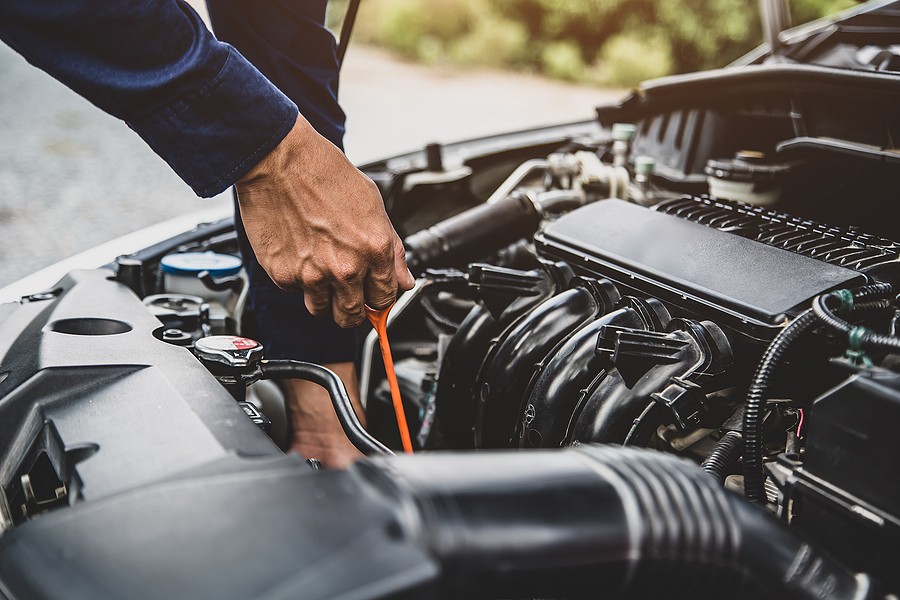
What causes carbon buildup in engines?
As we mentioned earlier, carbon dialogue is a natural process that will happen in your vehicle if you're in other words, you will experience this process no matter what. However, some causes could accelerate the amount of carbon building up inside your engine, which means that your engine might reach the end of its lifetime sooner than it should.
Typically, carbon buildup is accelerated due to the following reasons:
1. Choosing the wrong fuel
Your vehicle's owner’s manual should have detailed information about what fuel you should use in your engine. Thinking that you can save some money by going with a lower quality fuel might not be healthy because it can easily lead to carbon buildup. However, if your engine doesn't require that you go with the most expensive type of fuel, there's no need to do so because it will not do any better, and it will not prevent these problems.
When the fuel is not at the top quality that your engine is expecting, the Internet will receive many contaminants, which can lead to building more carbon than your engine is expecting. As a result, the combustion process will become inefficient, leading to the mentioned carbon buildup.
2. Your driving habits
One of the biggest reasons for accelerating carbon buildup is your driving habits. If you live in urban areas where you can experience a lot of the stop and go traffic, that is a good sign that you might deal with carbon buildups in no time.
Therefore, a good solution to this problem is to prevent stubborn situations as much as possible. Sometimes it cannot be preventable to dive into these traffic situations. However, whenever you can, consider taking the highways and driving at higher speeds we are there is not much traffic. Also, on some occasions and when traffic is really bad, you might even want to turn off the car completely rather than leaving it idling for a long time.
In addition to these sovereign goal traffic issues, some drivers might hit the gas pedal very hard. This harsh driving habit might also build more carbon than your engine should expect. Therefore, you must monitor your driving habits and treat your vehicle as gently as possible to enjoy it for the longest time possible.
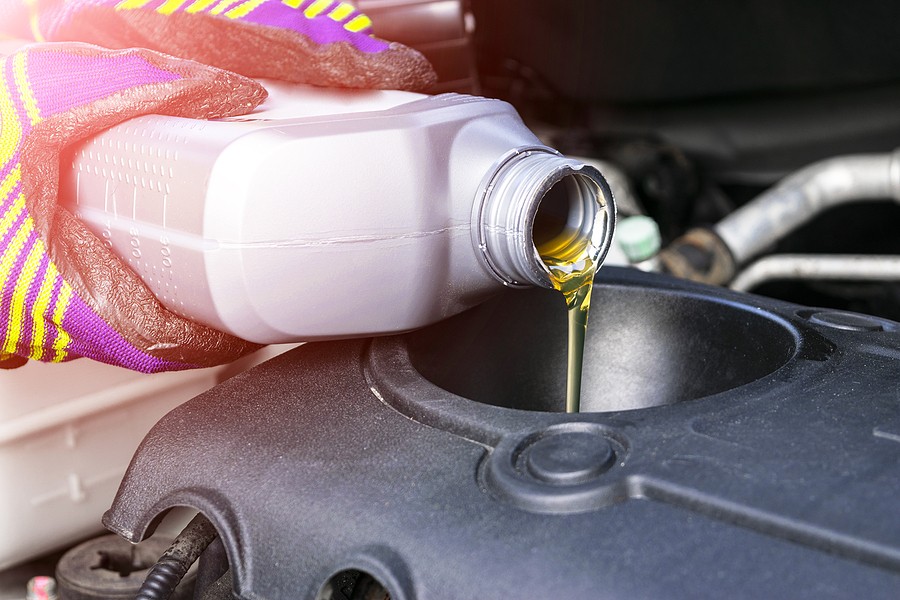
How do I get rid of a carbon buildup?
Considering the negative consequences of carbon buildup, one might ask how to get rid of it when it happens. There are many ways that you can tackle carbon buildups inside your engine and restore your engine's performance, including:
1. Commercial products like Seafoam Motor Treatment
One of the most common methods you could try is some of the common commercial products. For example, there is a common product called C full military treatment. What this treatment does is that it goes inside the engine with different components and reduces the carbon buildups.
However, these commercial products might not be appropriate for stubborn carbon buildup, especially if your engine is very old. Therefore, you can try it, but the results are not guaranteed unless your carbon buildup is minor.
2. Consult a professional
If carbon buildup is severe in your engine and you start noticing significant issues in your engine performance, this suggests going to a professional service. Typically, your mechanic should have the required tools and knowledge to get inside the engine and eliminate all the carbon buildups.
It is recommended that you regularly maintain your vehicle's engine and have your mechanic check for carbon buildup rather than wait till the last minute. The more carbon your engine has, the more work it requires and the higher the labor costs.
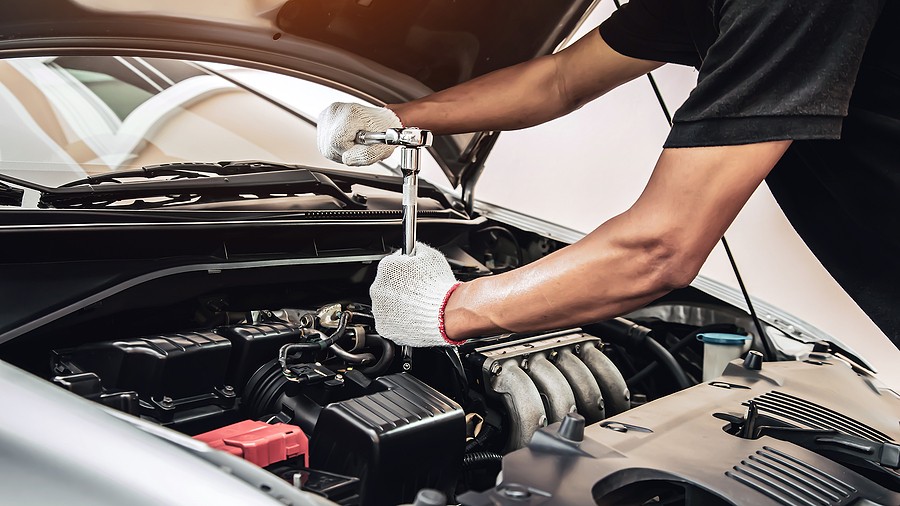
How do you know if your car has carbon buildup?
As we mentioned before, it's very hard to detect when exactly carbon starts building up because it is a natural process, and you will not notice it unless it's at a critical level. However, some symptoms could help you detect carbon buildups as soon as possible, like the following:
1. Failed sensors
There aren't many sensors that are very sensitive to carbon buildups. However, if you realize that several of these symptoms are failing continuously without any previous reason, check your engine and have your mechanic look at any potential excessive carbon buildup in the engine.
2. Black smoke out of the tailpipe
Your vehicle's tailpipe should not produce a lot of smoke, assuming that you're driving a modern vehicle. However, if you realize that your engine is working hard and there is a dark black smoke coming out of the tailpipe, there is a strong chance that you're dealing with too much carbon inside the engine.
3. Rough idling
Rough idling is another common symptom of carbon buildup inside your engine. If you notice that your vehicle is not idling as it should, take a look at the carbon buildup. However, this specific symptom might be related to a long list of potential culprits, which means your mechanic needs to confirm it before you move forward with cleaning the carbon.
4. Engine misfiring
And this firing happens when there is a problem with one of the following: insufficient fuel supply, insufficient air supply, and delayed spark. Carbon buildup can impact all the mentioned inputs, and when there's one problem with any of them, your engine will complain of misfiring.
5. Reduce performance
Finally, if you pay clear attention and realize that your vehicle is not performing as before, it could be a strong sign that you're dealing with carbon buildups. However, this is another common symptom of multiple problems that could or could not be related to carbon buildup.
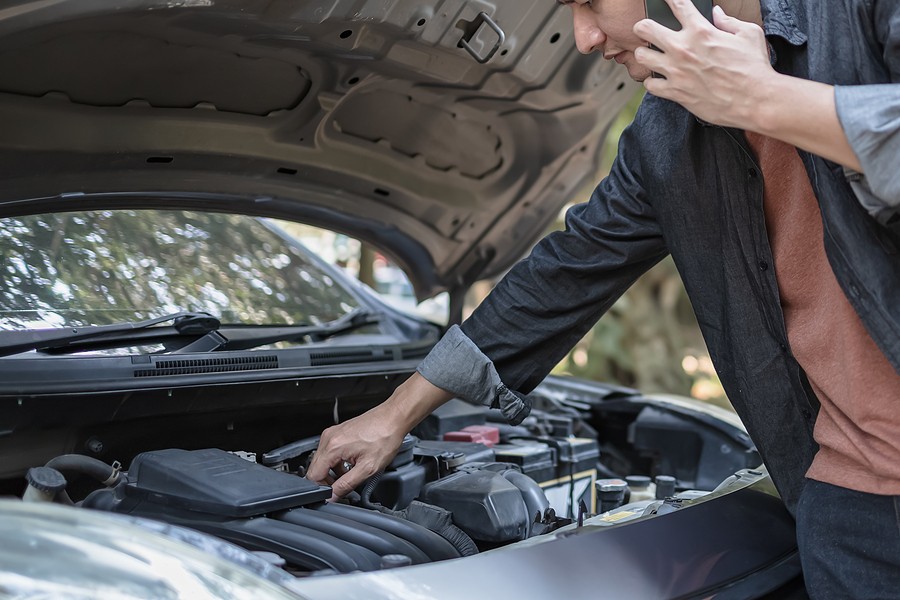
Final thoughts
Carbon buildup is a natural process in your engine as it ages. If you ignore this problem, you'll notice a significant reduction in your vehicle's performance and other symptoms that make you're driving a really bad experience.
You must understand the details about carbon buildup. This article provides you with some information to get you up to speed with the topic and highlights the main causes and potential solutions for carbon buildup in your engine.
Unfortunately, if you notice that there is too much carbon and it gets to a point where the engine fails completely, you have to replace it. However, if you notice that repair costs are piling up and getting close to your vehicle's value, you should sell your vehicle rather than wasting your time, money, and effort.
Looking to sell your car with a bad engine? Cash cars buyer is always here to help!
Cash Cars Buyer is one of the top-rated car removal companies in the nation that guarantees to pay you the top dollars and provide you with free towing despite your living location around the united states.
Our process is very straightforward and doesn't take more than a couple of days to get your car removed safely and for the most money.
All it takes you is to:
- Describe your car's type and condition
- Receive our instant free quote
- Accept the quote
- Get your car removed and receive your cash payment on the spot!
To learn more about our process and our team, you can reach out to us by calling us at (773) 791-4363 or visiting our home page click on the free instant online offer.

